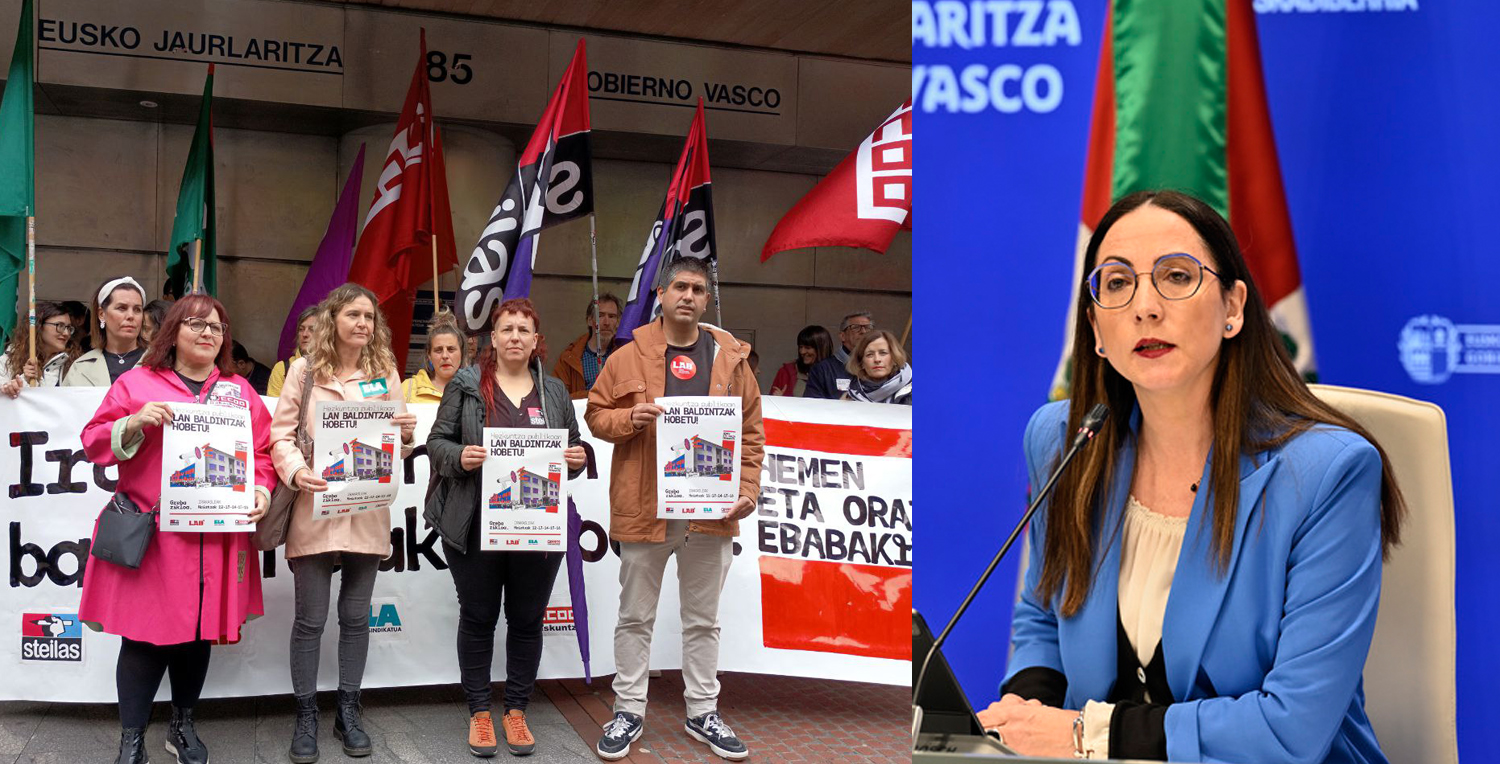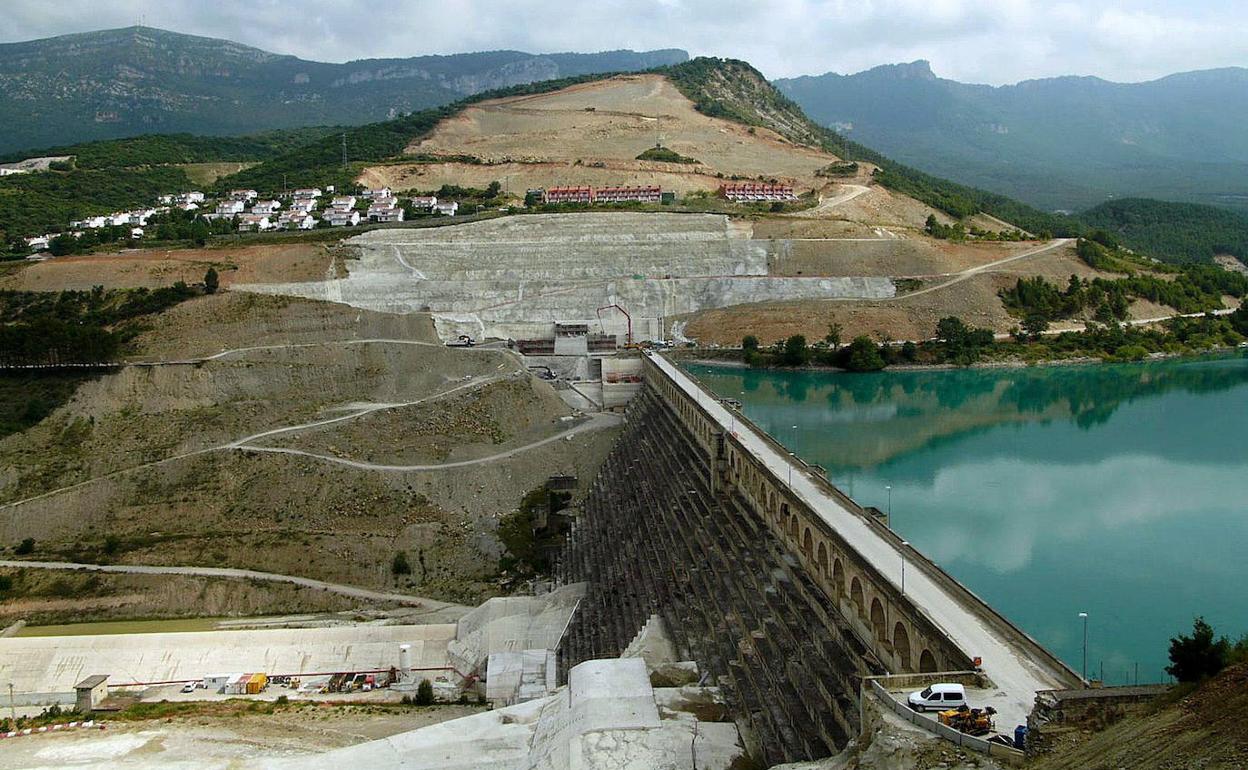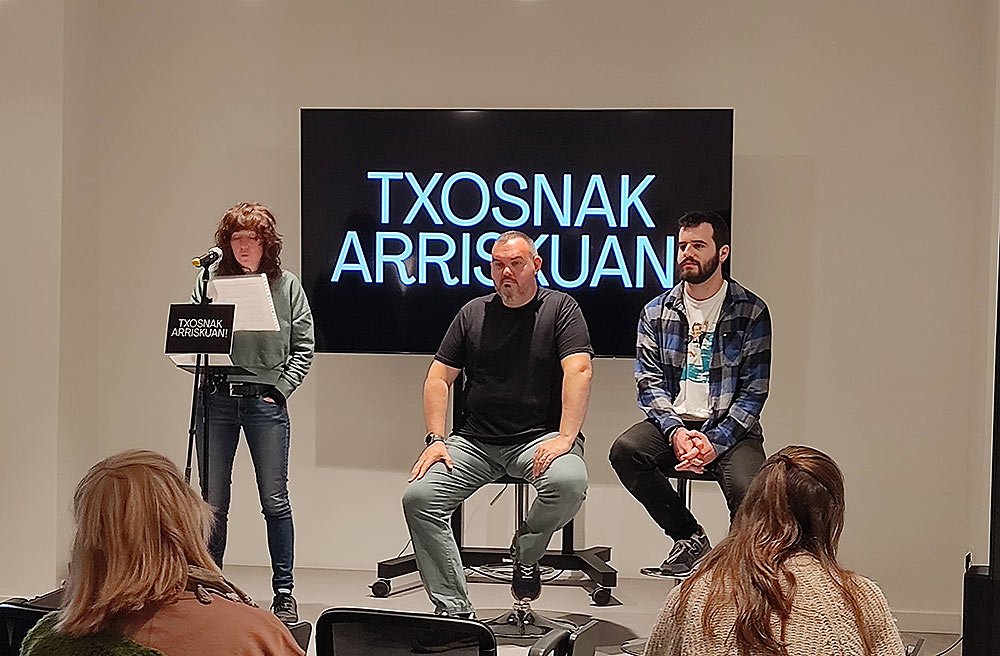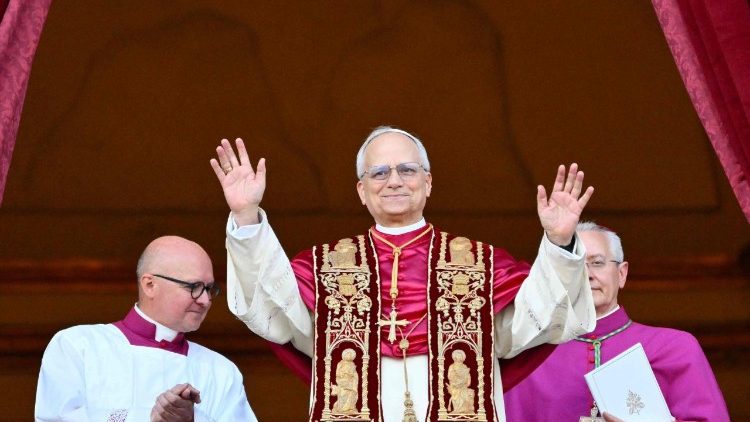Notes on Nazism admirer of Zionism
Since Theodor Herzl published Der Judenstaat, founder of Zionism in 1946, who was 50 years old. The editors of the newly created liberal Jewish magazine Commentary asked Hannah Arendt for a text with the excuse of the anniversary of Herzl's book. The point was that a year earlier they did not publish the text Cionism Reconsidered sent by Arendt to Commentary. When Arendt asked why, editor Clement Greenberg replied that “the text had too many anti-Semitic implications, not because [Arendt] wished it, but because hostile readers could interpret it like this.”
The response of Greenergía, from then until today, is widespread among the defenders of the State of Israel: all criticism of Zionism is considered anti-Semitism. But the distance Arendt was pursuing with Zionism becoming ever more accentuated was a project “half a century ago with high ideals”, perhaps that of Zionism, but in the 1940s it “completely forgot the reality of the Middle East and the evil of the world”, a chauvinistic project that was not being built “against Jewish enemies, but against potentials and neighbors”. In his article, rethinking Zionism, he received criticism from a decade: the Jewish leaders betrayed their people and collaborated with the Nazis, did not mobilize in time – in 1935 –, gave approval to organize with the Nazis the evacuations to Palestine. Arendt highlighted II. That the World War and the future world would be imperial or federal and that only the second chance would benefit the Jews. If the Jewish state won the first form, it would be no more than a centre of interest for foreign empires. This article was finally published in the non-Zionist literary journal Menorah Journal, in 1945.
Nazis and Zionists had shared goals: Nazis wanted to evacuate Jews and Zionists needed people to colonize Palestine
Many times, from the framework in which it is recognized that the Nazis committed the greatest crime in history, it is said that the State of Israel has done what the Nazis did: genocide, ethnic cleansing, apartheid. But it must be borne in mind that, as Arendt and those who thought about the blurry and Aimé Césaire said, the Jewish holocaust “the crime of crimes” was, in short, that what was systematically done in the colonies against the “savages” was the fight against the whites.
Nazism has occupied a very different place in the internal and external narrative of the State of Israel. Until almost 1960, the dead in the Holocaust were not considered heroes, quite the opposite. But the credits that Germany gave to Israel were running out and Ben-Gurion suffered a major power crisis, and so they decided to transfer and judge Eichmann to Jerusalem, a cycle that would close with the Six-Day War of 1967.
We are in November 2023 and in Gaza the Zionist army has killed 10,000 civilians, half children. It is particularly interesting at the moment to read Arendten Eichmann in Jerusalem, but in an alternative way: through 61 trails in which the word Zionist or Zionist appears in the book. Every time these words appear, two aspects stand out. On the one hand, it is clear that Adolf Eichmann was an amateur of the Zionist project that decided and organised the “last solution” (since he read the Jewish state he was a great fan of Herzl: In 1939 he opposed, inter alia, the desecration of Herzl.) Furthermore, for the Nazis, Zionism was a win win: they expelled the Jews from Europe and, moreover, who led the operation, III. Jewish Israel would be like the homeland of the Reicha. On the other hand, in addition to noting that Eichmann had Jewish friends, he repeatedly claimed that in a trial that would condemn death, they had enthusiastic relations with the Zionist organizations of Germany and Eastern Europe, perhaps the most prominent in Hungary. Moreover, the Nazis wanted to evacuate the Jews and the Zionists needed people to colonize Palestine.
It is not a rarity, it is not an out-of-place comparison, Nazism and Zionism had a shared trajectory, as evidenced in the trial against Eichmann and Arendt collected in his book.
BRN + Muntanya de Barri i Sain + Odei + Monsieur li cardi i Muxker
Què: Festa de la collita.
Quan: 2 de maig.
On: Sala Bilborock.
---------------------------------------------------------
Les llavors sembrades necessiten aigua, llum i temps per a la fecundació. La... [+]























